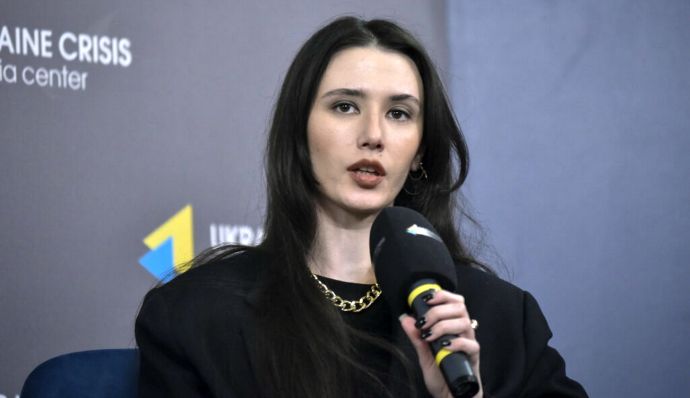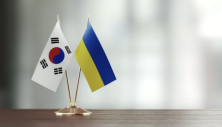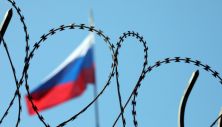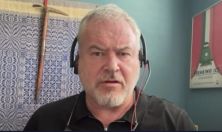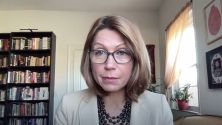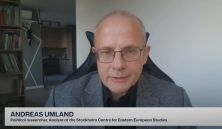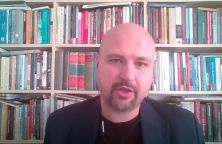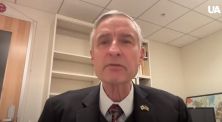South Korea’s support for Ukraine is temporary and tactical. Almost the same can be said about support from Japan, which largely relies on the human factor – the personal views of the Japanese prime minister. This assessment was shared by Alina Gritsenko, Ph.D. in political science, chief consultant of the National Institute for Strategic Studies, on the FREEDOM TV channel.
Speaking about the support of Kyiv from Seoul, which has now raised the question squarely before Moscow that the Russian Federation can cooperate only with one of the two Koreas, the guest of the broadcast noted that the reason is in the views of President Yoon Seok-yeol and his conservative administration. This administration traditionally follows the American foreign policy course. But it faces serious opposition from the opposition Democratic Party, which now has a majority in parliament.
“If democrats were in power now, South Korea’s policy towards Ukraine would be radically different. It will most likely change 180 degrees if the Democrats come to power at the next elections or if Yolya faces impeachment. Unfortunately, similar trends are occurring in South Korea. Democrats will not radically issue ultimatums to Russia; they will rather make contact with North Korea, primarily because this is precisely the policy they traditionally support. They advocate dialogue with Pyongyang, and for providing Pyongyang with financial and economic assistance in order to carry out reforms. Conservatives, on the contrary, advocate the absence of any dialogue at all until Pyongyang agrees to the conditions for negotiations that Seoul puts forward together with Washington and Tokyo, namely denuclearization – the renunciation of nuclear weapons. Therefore, now the situation on the Korean Peninsula has reached a dead end,” comments the chief consultant of the National Institute for Strategic Studies.
As for Japan, which since the beginning of the full-scale Russian aggression against Ukraine has taken an active pro-Ukrainian position, Gritsenko recalled that during the occupation of Crimea, Tokyo’s position was more restrained. Of course, Japan did not recognize the annexation of the Ukrainian peninsula, but did not take any harsh statements or actions. As the political scientist explains, Japanese Prime Minister Fumio Kishida plays an important role in Tokyo’s current position.
“…Who perceives the processes taking place in Europe as a certain example of what may at some point begin to happen in Asia. Fumio Kishida often says that Europe today is East Asia tomorrow, thus hinting at China that if Russia is not confronted in Europe, then tomorrow China may look at this disastrous example and begin various aggressive actions towards neighboring states,” she comments.
At the same time, Gritsenko noted that Kishida’s predecessor as Prime Minister of Japan, Shinzo Abe, met with Putin many times, almost more often than with any other heads of state.
“Therefore, we owe a lot to the coincidence of circumstances in fact for this support that they provide us,” summarized Alina Gritsenko.
Let us recall that Ukrainian President Vladimir Zelensky in Washington held a meeting for the first time in a five-party format with the leaders of NATO partner states in the Indo-Pacific region.

